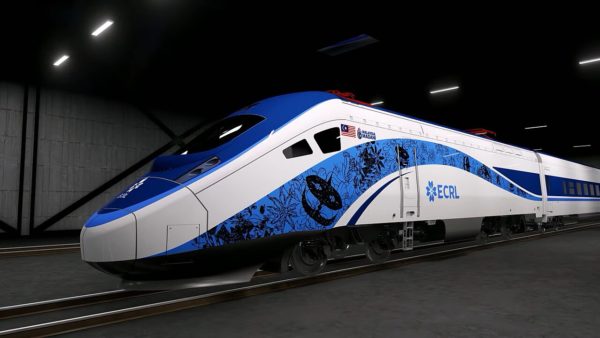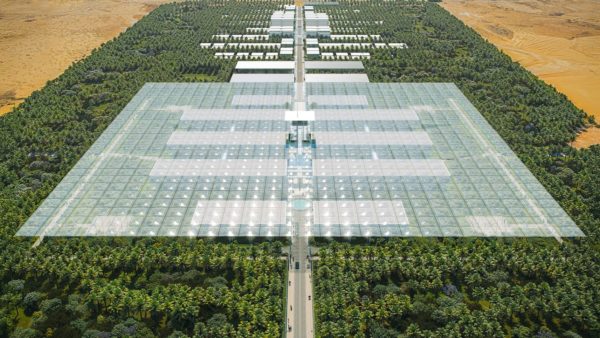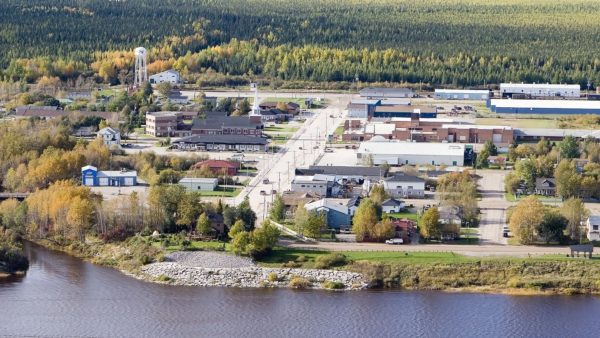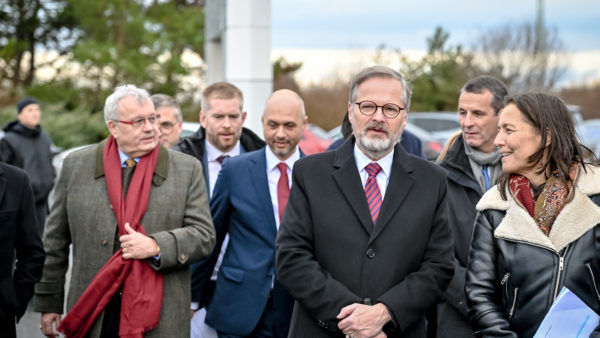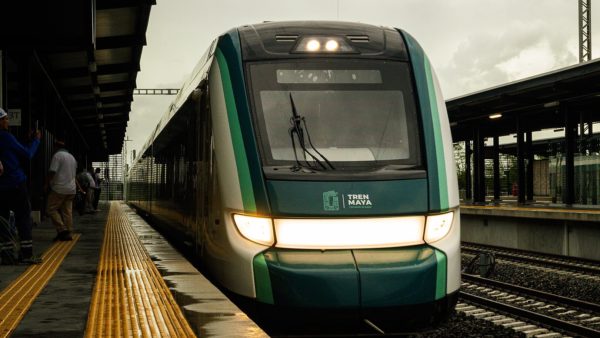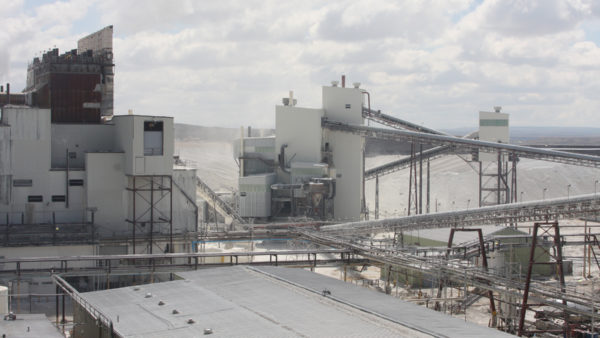Indian power station engineer Bharat Heavy Electricals (BHEL) has won a long-running struggle against a Chinese rival to build a $1.6bn coal power plant in Bangladesh, according to reports.
BHEL has been competing with Chinese engineer the Harbin Electric International Company for the Maitree Super Thermal power station, a 1,320MW coal-fired plant in the southern Bangladeshi district of Rampal.
Negotiations have been underway for several years but now the Chinese firm’s bid has been ruled out on technical grounds, according to a Bangladeshi official quoted anonymously by the Times of India.
But Anwarul Azim, a spokesman for the Bangladesh-India Friendship Power Company, the joint venture set up to develop the plant, said BHEL had won by submitting the lowest bid.
The victory has been reported in the press as a national victory for India in its commercial battle with the Chinese juggernaut
Another factor behind the BHEL’s success is the fact that the Exim Bank, the Indian government’s trade finance arm, has offered a loan for 70% of the project cost at 1% above the Libor rate (currently set at 1.1% over 12 months).
The station is to be built on a turnkey contract, and is scheduled to start generating electricity using ultra-supercritical steam from two 660MW units in December 2018.
Ultra-supercritical power stations operate at very high temperatures and pressures: around 600°C and 4,640 psi, compared with 565°C and 3,530 psi in supercritical units. The advantage is an efficiency of about 45% compared with 38% for supercritical systems.
David Rasquinha, the Exim Bank’s deputy managing director, told Reuters: “Exim is very positive about it, very bullish about it, and looking to taking this forward.”
An employee in Harbin’s after-sale service department said: “The company has been involved in many such tenders, it is very normal – either we win or lose the bids.”
The scheme would be the biggest foreign project by an Indian power firm, eclipsing a plant already built in Rwanda and another planned for Sri Lanka.
The victory has been reported in the press as a national victory for India in its commercial battle with the Chinese juggernaut.
The relations between the two countries has been called a “cold peace”, and India has been stung by Chinese plans to build transport infrastructure in its near abroad, most notably a Chinese-funded port development in Sri Lanka.
Both BHEL and Harbin are both multinational state-owned companies. The Bangladesh-India Friendship Power Company is an equal joint venture between two state-owned utilities: Bangladesh Power Development Board and NTPC of India.
A video demonstrating ultra-supercritical technology in action can be viewed here.





